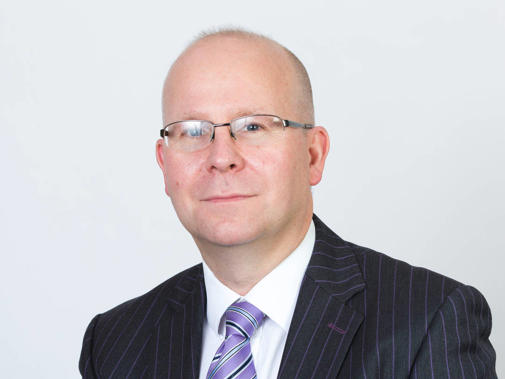The leader of Scotland’s GPs and the Scottish health secretary have called for the pace of transformation to be accelerated to ensure maximum benefit from the new GP contract.
BMA Scottish GPs committee chair Andrew Buist acknowledged progress with implementation had been ‘patchy’ so far, and was causing frustration among GPs across the country.
Health secretary Jeane Freeman said that, while there had been some progress, it simply wasn’t happening quickly enough.
Speaking at the Scottish local medical committees conference in Clydebank this morning, Dr Buist said there needed to be a ‘considerable and concerted effort’ to increase the pace of change – and called on the Scottish Government, health and social care partnerships and health boards to make it a priority.
‘As a key example, health boards must deliver the staff needed for multi-disciplinary teams, in the timescales set out,’ he said. ‘Every board needs to put this at the top of their to-do list. And we need a clear, practical national workforce plan from the Scottish Government to make this a reality.’
Workload pressures
Scottish GPs overwhelmingly backed the first Scotland-only GP contract, which aims to ensure the sustainability of general practice.
Phase one, which started to be implemented in April 2018, aims to improve workload pressures and reduce the risk associated with being a GP partner.
Measures include making the GP the leader of a wider multi-disciplinary team and financial help with premises.
Negotiations will begin shortly on phase two of the contract, which will focus on workforce and earnings.
Dr Buist said: ‘Absolutely central to our approach will be to maintain, protect, and promote the independent contractor status of general practice. We aim to secure the additional funding required to address practice vacancies and to grow the GP workforce, and in doing so to reduce individual GP workload.
Our stated goal is also to deliver additional funding to improve GP earnings – the earnings of all GPs in Scotland should be comparable to that of hospital consultants for core clinical work. And like consultants, GPs should also be able to earn additionally from enhanced services, private work and other sources of income.’
More GPs
Ms Freeman said primary care was the bedrock of the health service, and that the Scottish Government had taken steps to address challenges and to meet the target of an additional 800 GPs by 2027. These include an innovative premises loan scheme, additional medical student places, and promoting general practice as a career with medical students.
She said she wanted more practices to provide high quality placements for students, and announced that the associated payment would rise from £40 to £85 per student.
Ms Freeman said that she had – at Dr Buist’s request – written to health and social care partnerships to ask them to ensure that their primary care implementation plans will deliver on the new contract.
She also urged practices to contribute to a data collection exercise which will help inform negotiations for the next phase of the contract.
Ms Freeman and Dr Buist acknowledged that GPs working in remote and rural practices had concerns about the new contract, and said they were listening and addressing these.
‘I believe remote and rural practices are among those who stand to benefit most from what we aim to achieve from the phase two negotiations,’ Dr Buist said.
'Phase two will remove the need for income supplements that are an inevitable consequence of distributive formulas that can never work in rural areas, and by doing so we will ensure their long-term financial stability and equity with the core earnings of other GPs across Scotland.’

